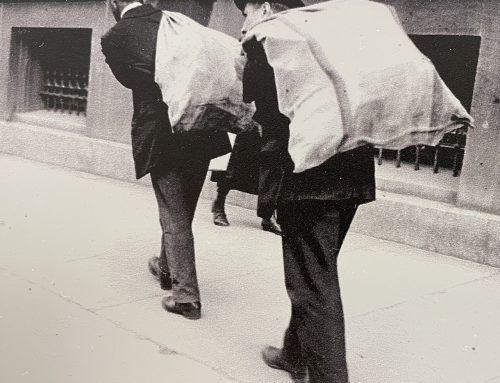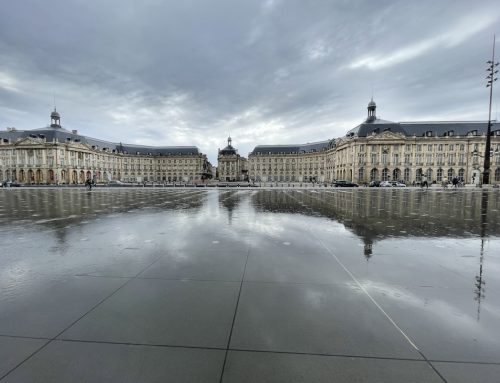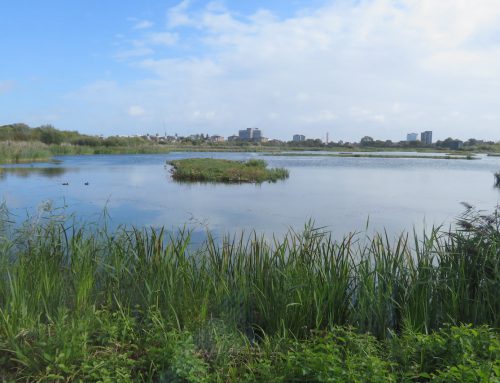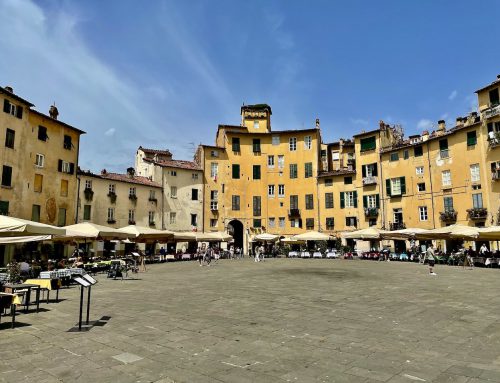The Land of Colonel G
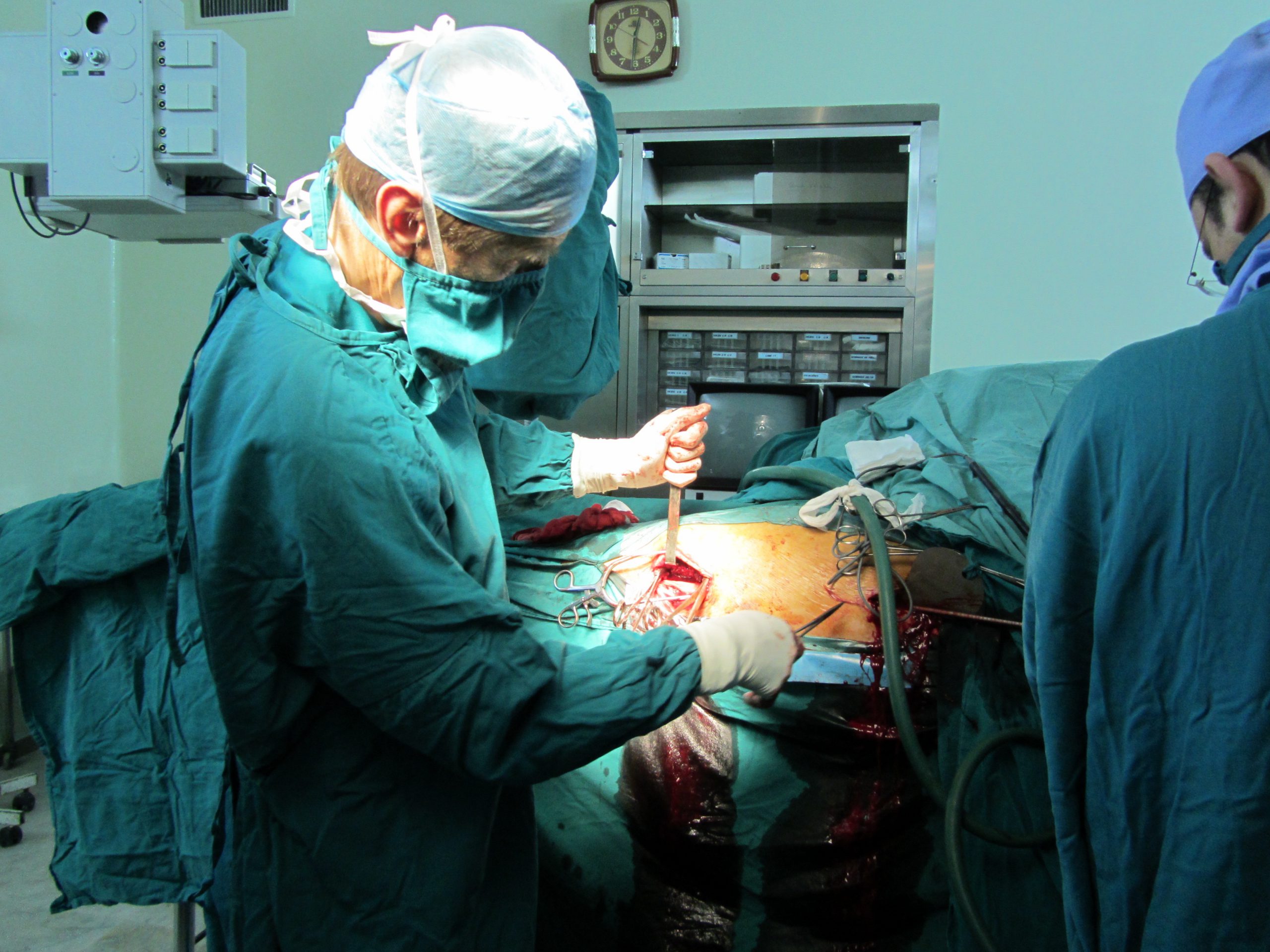
We patch up a wounded fighter

We patch up a wounded fighter
Nalut, Libya
It is my birthday. Lying in the primitive intensive care unit of this hospital, deep inside an area of rebel-controlled Libya, are three young men. None is over 25 years old. They look almost identical. Each has perfectly cut, military-style short hair, each is sedated, each is dripped and catheterised, each is in pain, and, yes, each is a pro-Gaddafi soldier. They are Libyan, not central African, and they are most certainly not mercenaries. Each has a mother, each has a father, and each demonstrates the futility of war.
I should know all about war. I have been to enough of them. Yet Libya has hit me hard.
It is my birthday. Lying in the primitive intensive care unit of this hospital, deep inside an area of rebel-controlled Libya, are three young men. None is over 25 years old. They look almost identical. Each has perfectly cut, military-style short hair, each is sedated, each is dripped and catheterised, each is in pain, and, yes, each is a pro-Gaddafi soldier. They are Libyan, not central African, and they are most certainly not mercenaries. Each has a mother, each has a father, and each demonstrates the futility of war.
They say that the Arabs invented chivalry and no better example can I see here. These three casualties are the result of a major contact between anti- and pro-Gaddafi forces about ten kilometres east of me now. No armour was involved as NATO bombing has reduced that to almost zero, but small arms fire and inaccurate, rapid-deployment missiles are the order of the day. The boy to my left, for that is all he is, was shot in the gut and left for dead, his intestines trailing. The one to my front was shot in the shoulder, the high-velocity bullet making mincemeat of his humerus. Meanwhile, the boy to my right was struck in the groin and tibia simultaneously, most likely by shrapnel although perhaps by machine gun. These three soldiers have a friend, too, aged less than 20 years. He is now in the hospital’s morgue, covered by a shroud. Four young friends fighting, one presumes, for something in which they believe. Had they known the outcome I see before me, would they have joined, would they have believed at all, and would they have fought? I doubt it. Each of us, in war, is immortal until God, Allah, luck – call it what you like – thinks differently.
Yet these three young survivors, left for dead by their friends, were gathered up from the battlefield by their opponents and brought to the hospital. They lurched, rolled and jolted in the back of an open Landcruiser, over the rubble-strewn desert surface. I cannot tell you where I am, or rather will not say, as these three young casualties are being cared for by some of the bravest unsung heroes in the globe. The moment I name them, or say where they are, they will unquestionably become targets of that man, Colonel G. They tell me, too, that pro-Gaddafi wounded are not welcomed back to Tripoli and many are dispatched on the field. I have no evidence of this, of course, other than what I am told, but around me I see water wells being poisoned with diesel, herds of goats slaughtered and palm trees chopped to the ground. I have received news that white phosphorus and cluster bombs are also being used. There seems to be a concerted effort to cleanse this region of both its people and economy.
Depopulation is certainly the result. As I tentatively walk the streets outside, I see no women, no children, and very few cars. Those cars I do see are mainly covered by improvised camouflage, streaks of mud, or perhaps light brown paint, splattered on their sides. They hurtle through the empty streets, engines screaming, as they seek to defend their town. The cars, too, are driven by young men, dressed in rag-tag uniforms, Berber headgear being the order of the day. Yet mostly the town is silent, war so often is - no birds, no dogs, no tweeting, no barking, no background traffic noise. I could see why at the border. As we entered I counted almost 300 vehicles leaving Libya. Going in we were one of three.
The hospital staff come from around the world – Bangladesh, North Korea, Tunisia, Libya, Egypt and, of course, UK. There are probably more women than men. These are remarkable people. Some were here before the war and have chosen to stay, or are perhaps too scared to leave. Others have come for the occasion, driven by a desire to help, not one side or the other but, put simply, that is what medical folk do. An injured person needs medical care and it matters not to which side they belong. The only choice is based on the severity of injury, not on politics, religion or affiliation. This is key to all medical care in conflict zones.
With such an international staff, communication is sometimes a problem, so we talk in French and English and Arabic, a sort of hybrid of all three. At one point I use a smattering of Hindi and then Greek, a remnant of a childhood in Athens. Yet these are brave people. Some have crossed the frontier at night, guided by smugglers, to reach the hospital. They have been shot at; they have avoided minefields and arrest, all to bring their skills to this remote and abandoned hospital. Unlike their military counterparts, they will receive no recognition for their efforts, will sport no medal or gong, and will never be mentioned in dispatches. They are, to me, the faceless face of heroism. They have come because they believe, not because they have been told. They come because they are driven by a force that few can understand. These are not hard-hearted people. They care, they feel and they can even cry. They are also, sometimes, miracle workers.
So in this intensive care unit, now so depleted of its equipment, a Tunisian surgeon has saved the gut-shot soldier to my left. The macerated bowel was part removed, part repaired, the torrential bleeding stopped. If infection does not intervene, this young man should recover. A surgeon from UK saved his friend with the humerus, and the other with the groin and tibia, too. This was remarkable work. The tibia in particular needs further surgery as hospital resupply has been impossible, so an external fixator to stabilise the bone is missing. The soldier, being pro-Gaddafi, cannot be evacuated to another country, as he may not survive when in the company of those who are against Colonel G. He must stay where he is. The equipment must come to him, somehow, while the hospital keeps him going until it arrives.
So it is time to take that gamble again. The rapid dash through the desert to the border, as fast as we can go, driven by our Berber driver who seems unmoved by the risks he runs. The speedometer touches 120 kilometres per hour as he bumps along the switchback route, steering wheel grasped firmly with one hand, canned fizzy drink in the other, while talking loudly to his colleague sat beside him in the front. I sit in the back, squashed beside two colleagues, hoping that today God, Allah, luck - call it what you like – does not disagree. There is a man back there, pro-Gaddafi he may be; but he is a patient, a young man with friends and family, a boy in fact, no more than that, who desperately needs our help. It is for him, and others like him, that I have come to the land of Colonel G.
Written at the height of the NATO bombing campaign in April 2011, before the death of Colonel Muammar Gaddafi.
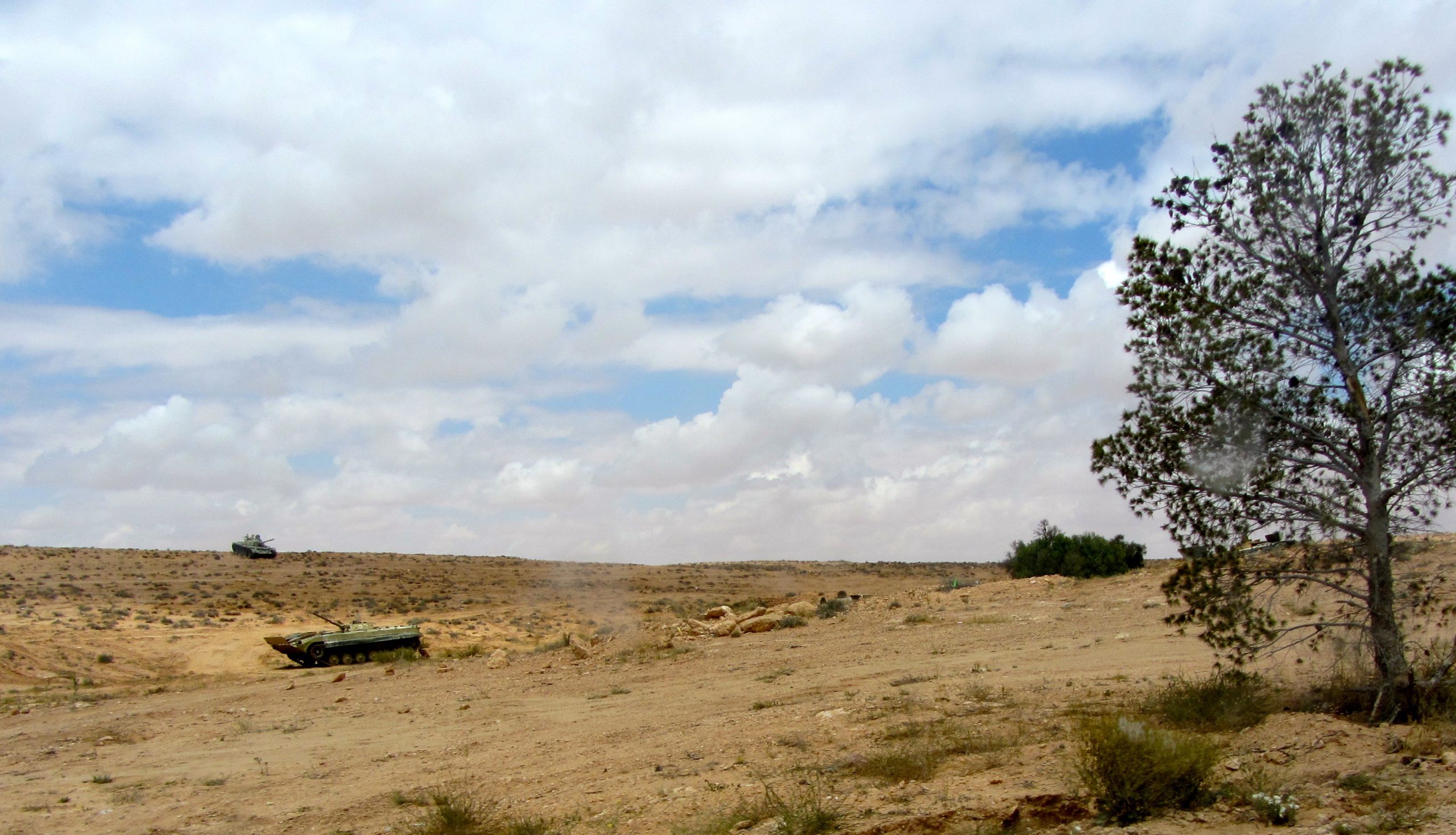
Colonel G's abandoned armour
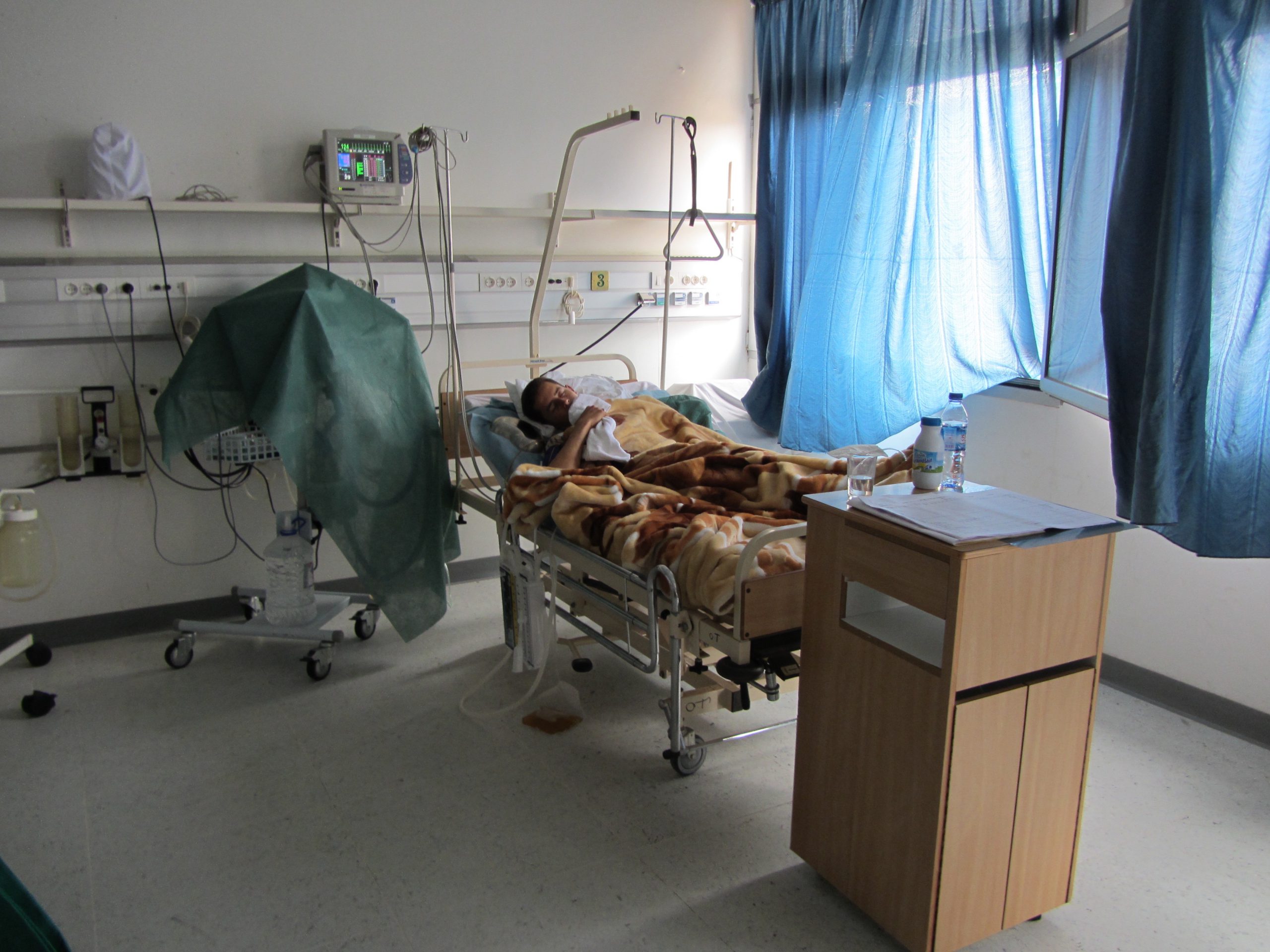
A pro-Gaddafi soldier recovers in a rebel-held intensive care facilty. Real chivalry at work

